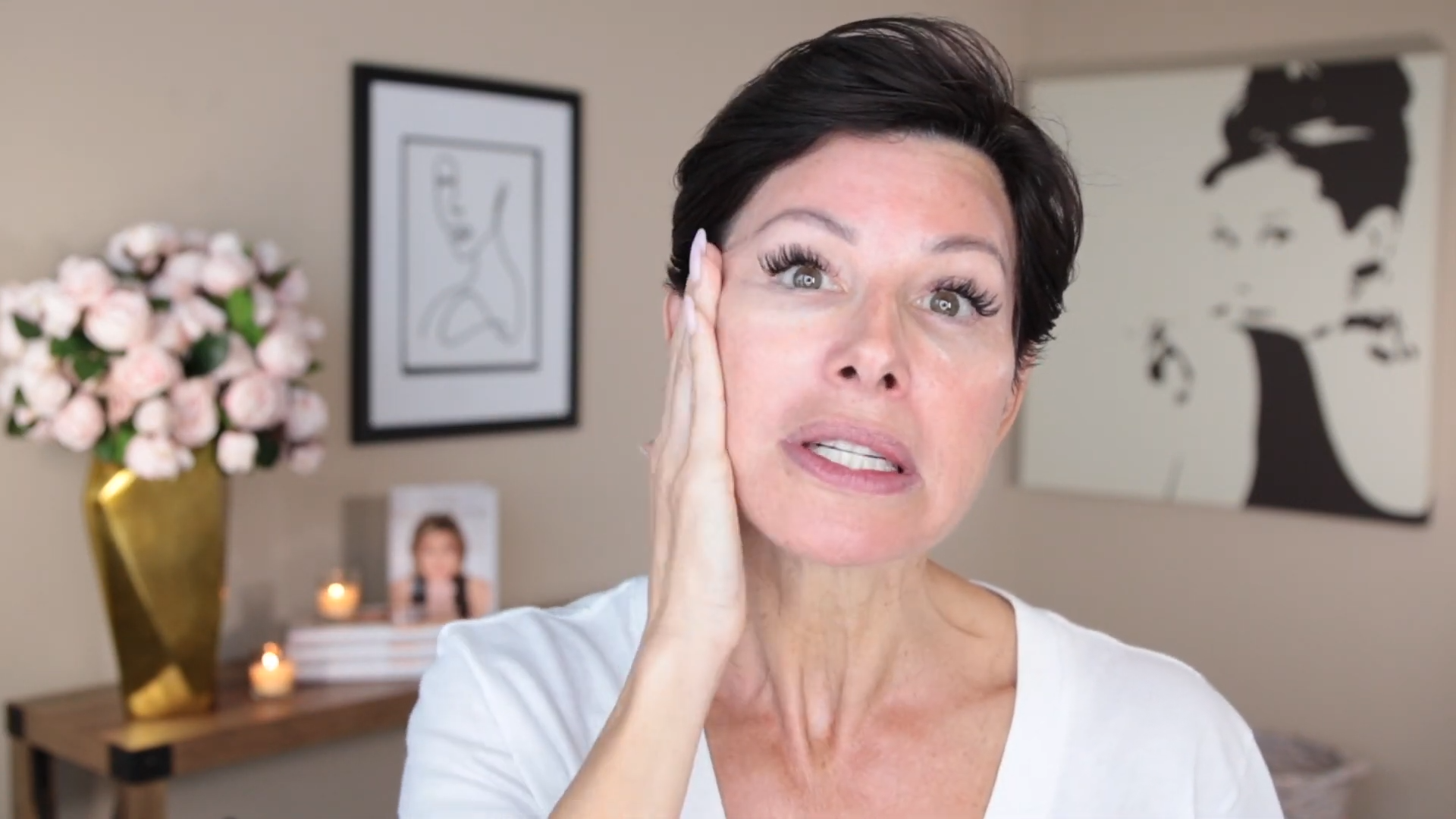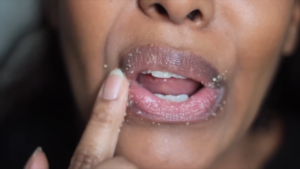As skin ages, its needs evolve, requiring a skincare routine that adapts to these changes. Mature skin tends to lose elasticity, hydration, and firmness, making it more susceptible to fine lines, wrinkles, and dryness. Addressing these issues with the right products and techniques is essential for maintaining a youthful and healthy complexion. In this article, we’ll explore how to tailor your skincare routine to the specific needs of mature skin, focusing on ingredients and practices that promote rejuvenation and hydration for radiant, age-defying skin.
A well-adapted skincare routine for mature women can make a significant difference in how the skin looks and feels. The right approach involves not just treating visible signs of aging but also preventing further damage. By understanding what mature skin needs and adjusting your regimen accordingly, you can enhance your skin’s health and appearance. We’ll cover essential steps, common issues, and effective solutions, ensuring that your skin remains vibrant and resilient at any age.
Addressing Loss of Elasticity in Mature Skin
As skin ages, one of the primary challenges is the loss of elasticity. This issue occurs because the production of collagen and elastin—proteins responsible for skin’s firmness and flexibility—naturally decreases with age. Without sufficient collagen, skin begins to sag, and fine lines become more pronounced. This change is most noticeable around the eyes, mouth, and jawline, where the skin is thinner and more delicate.
To counteract this, it’s important to incorporate products that boost collagen production and improve elasticity. Ingredients like retinoids, peptides, and hyaluronic acid are particularly effective in promoting skin firmness. Regular use of these ingredients helps to strengthen the skin’s structure, reducing the appearance of sagging and wrinkles. Additionally, facial exercises and massage can stimulate circulation, further enhancing skin elasticity and giving the face a more lifted, youthful look.
Combatting Dryness and Dehydration in Aging Skin
Another common issue with mature skin is dryness and dehydration, which can lead to a dull, lackluster complexion. As we age, the skin’s natural oil production diminishes, causing the skin barrier to weaken and moisture to escape more easily. This results in dry, flaky skin that feels tight and uncomfortable. The lack of hydration also makes fine lines and wrinkles more noticeable, contributing to an aged appearance.
The key to solving this problem lies in using deeply hydrating products that restore moisture and strengthen the skin barrier. Look for moisturizers rich in ceramides, glycerin, and hyaluronic acid, as these ingredients help lock in moisture and protect against environmental damage. Incorporating a hydrating serum and using a gentle cleanser that doesn’t strip the skin are also crucial steps. By maintaining proper hydration, you can keep your skin plump, smooth, and radiant.
1. Choosing the Right Anti-Aging Ingredients
Selecting the right anti-aging ingredients is crucial for a mature skincare routine. Retinoids are a gold standard, known for their ability to stimulate collagen production and accelerate cell turnover, which helps reduce wrinkles and improve skin texture. Vitamin C is another powerful ingredient that brightens the skin and neutralizes free radicals, preventing further damage. Peptides, which support the skin’s structural proteins, also play a vital role in maintaining firmness and elasticity.
Incorporating these ingredients into your routine can make a substantial difference in the appearance of your skin. However, it’s essential to introduce them gradually to avoid irritation, especially with potent ingredients like retinoids. Begin with lower concentrations and increase usage as your skin builds tolerance. Consistency is key to seeing results, so regular application combined with sun protection ensures that these anti-aging ingredients work effectively over time.
2. Implementing a Layered Hydration Strategy
For mature skin, a single moisturizer may not be enough to combat dryness effectively. Instead, a layered approach to hydration is more beneficial. Start with a hydrating toner or essence that preps the skin and allows subsequent products to penetrate better. Follow this with a serum that contains hyaluronic acid to attract moisture deep into the skin layers. Finally, seal in all the hydration with a rich, nourishing moisturizer that reinforces the skin barrier and prevents moisture loss.
This layered strategy ensures that your skin receives hydration at multiple levels, addressing both surface dryness and deeper dehydration. Additionally, using a night cream with ingredients like ceramides and peptides during your evening routine helps repair and rejuvenate the skin while you sleep. By adopting a comprehensive hydration approach, you can keep your mature skin soft, supple, and resilient, even as it ages.
Improving Skin Texture and Tone in Mature Women
As skin ages, its texture and tone can become uneven due to accumulated sun damage, slower cell turnover, and environmental stressors. This can lead to age spots, rough patches, and a dull complexion. These issues often make the skin look older than it is, emphasizing the need for targeted treatments that smooth and brighten. The uneven texture also makes it difficult for makeup to sit well, further highlighting imperfections.
To address this, exfoliation is key. Using a gentle chemical exfoliant, such as glycolic acid or lactic acid, helps remove dead skin cells and promote new cell growth, resulting in smoother, more even skin. Pairing exfoliation with brightening serums that contain vitamin C or niacinamide can help fade dark spots and improve overall skin tone. Regular exfoliation and brightening treatments are essential to maintaining a youthful, luminous complexion.
Addressing Sun Damage and Its Long-Term Effects
Sun damage is a significant factor that accelerates skin aging, leading to wrinkles, hyperpigmentation, and a loss of elasticity. Mature skin, already compromised by age-related changes, becomes more vulnerable to the harmful effects of UV radiation. The damage from past sun exposure often manifests as age spots, rough texture, and deep lines, making the skin appear older and less vibrant. This makes sun protection a non-negotiable aspect of any mature skincare routine.
To combat sun damage, daily sunscreen use is essential, even on cloudy days or when indoors. Opt for broad-spectrum sunscreens with at least SPF 30 to protect against both UVA and UVB rays. Additionally, incorporating antioxidants like vitamin C into your routine can help repair some of the oxidative damage caused by the sun. By prioritizing sun protection and repairing existing damage, you can significantly slow the progression of aging signs, preserving your skin’s health and appearance.
Adapting Your Routine to Embrace Aging Gracefully
Adapting your skincare routine to meet the needs of mature skin is essential for maintaining a healthy, vibrant complexion. As your skin changes, focusing on hydration, elasticity, and protection will help you address the common challenges that come with aging. By choosing the right ingredients and products, you can support your skin’s natural processes and minimize the visible signs of aging. Embracing these changes with a tailored routine ensures that your skin remains resilient and beautiful at every stage of life.
Aging gracefully doesn’t mean ignoring the signs of aging but rather adapting your approach to skincare. With the right care, mature skin can continue to look and feel its best. By understanding your skin’s evolving needs and adjusting your routine accordingly, you can enjoy a radiant complexion that reflects both your inner and outer beauty. Make these adjustments now to ensure your skin remains healthy, hydrated, and glowing for years to come.








